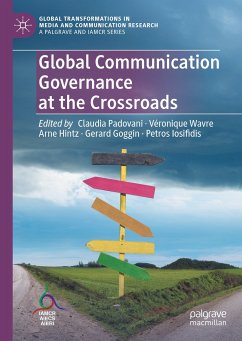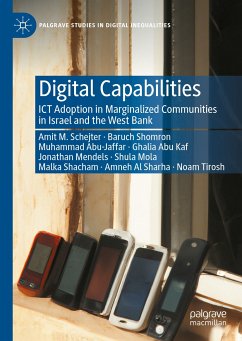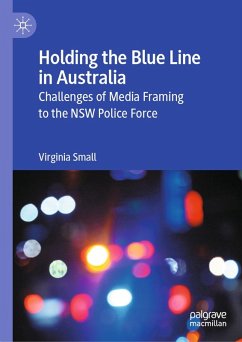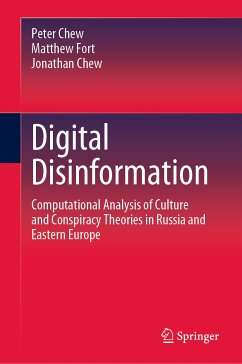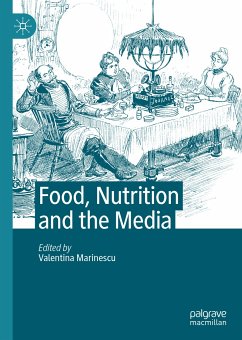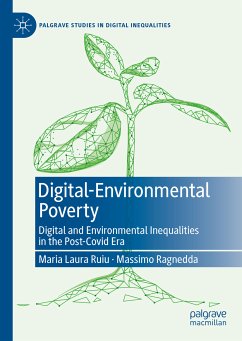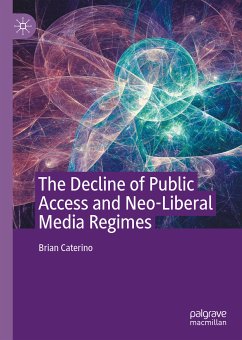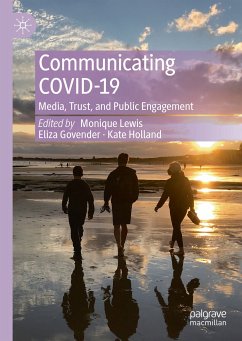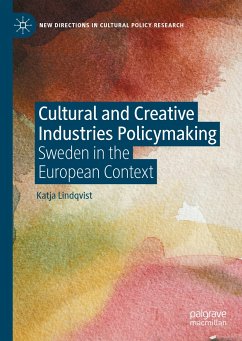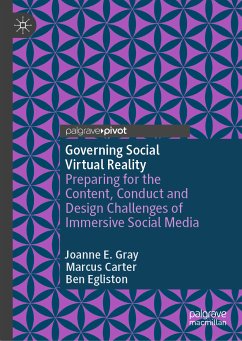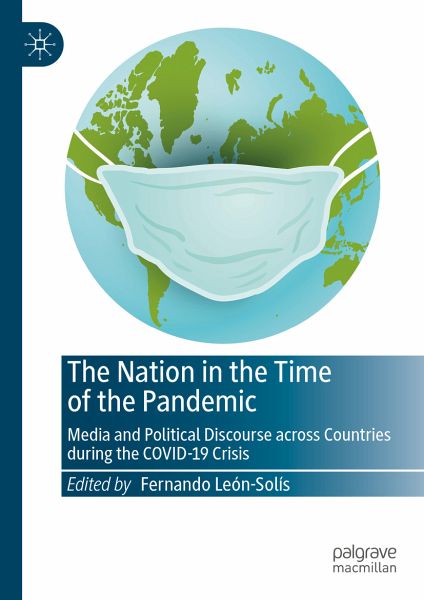
The Nation in the Time of the Pandemic (eBook, PDF)
Media and Political Discourse across Countries during the COVID-19 Crisis
Redaktion: León-Solís, Fernando
Versandkostenfrei!
Sofort per Download lieferbar
112,95 €
inkl. MwSt.
Weitere Ausgaben:

PAYBACK Punkte
56 °P sammeln!
This edited volume explores the media and political discourses during the COVID-19 crisis across thirteen nations. Despite warnings that a global pandemic was a matter of if rather than when, the virus caught governments worldwide unaware. The nature, extent and timespan of governmental responses varied significantly from country to country, but a number of features were common to all. The nation became the frame of reference used in an attempt to make sense of the crisis, to keep citizens united, to gain their trust, and to ensure compliance with unprecedented health mandates. With the same p...
This edited volume explores the media and political discourses during the COVID-19 crisis across thirteen nations. Despite warnings that a global pandemic was a matter of if rather than when, the virus caught governments worldwide unaware. The nature, extent and timespan of governmental responses varied significantly from country to country, but a number of features were common to all. The nation became the frame of reference used in an attempt to make sense of the crisis, to keep citizens united, to gain their trust, and to ensure compliance with unprecedented health mandates. With the same purpose, there was a recourse to 'non-ideological' values and narratives (sometimes abstract, sometimes political) that could be accepted by all stakeholders. The analyses evidence the perception of the fragility of liberal democracy, caused by too much political and media consensus, by too much political and media dissent and by the threat of populism. The wide-ranging scope and multi-perspective methodology of the analyses offered in this book are an essential reading for academics and students of Media Studies, Politics, Political Communication, and Discourse Analysis and their associated disciplines. Written in accessible language, this volume (full of insightful and at times surprising ideas) will be of interest for all those keen to understand the role of political and media discourse in the communication of the COVID-19 crisis and its wider implications for liberal democracies.
Dieser Download kann aus rechtlichen Gründen nur mit Rechnungsadresse in A, B, BG, CY, CZ, D, DK, EW, E, FIN, F, GR, HR, H, IRL, I, LT, L, LR, M, NL, PL, P, R, S, SLO, SK ausgeliefert werden.



